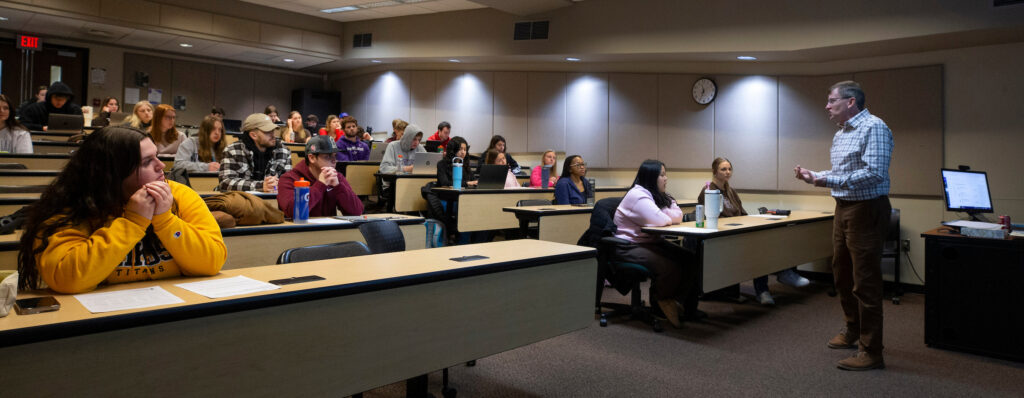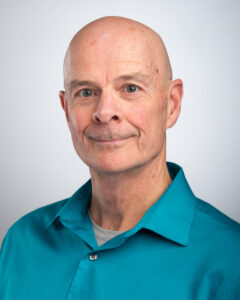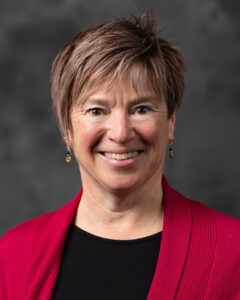MADISON, Wis.—The University of Wisconsin System Board of Regents today announced the recipients of its 32nd annual Teaching Excellence Awards. Recipients will be honored April 5 at the next Regents meeting. The awards recognize outstanding teaching and are the Board’s highest recognition for members of the Universities of Wisconsin faculty and instructional academic staff. Each recipient is awarded $7,500.
“These UW educators and programs are inspiring and supporting students in their educational journey,” said Regent Cris Peterson, chair of the selection committee. “We are proud to recognize their innovative and highly successful approaches to teaching with this award.”
Each award recipient demonstrates an exceptional commitment to teaching and learning; uses effective teaching strategies to enhance student learning; and makes a significant impact on students’ intellectual development.
The 2024 recipients are:
-
Donald Hones, Professor, Department of Teaching and Learning, College of Education and Human Services, UW Oshkosh.
Dr. Hones is a professor of ESL (English as a second language) and bilingual education at UW Oshkosh. A university faculty member since 1997, Hones focuses on pedagogy scholarship, student learning, and evidence-based teaching practices. He has published narrative studies on pedagogical practices of ESL teachers in the field, papers on how university faculty and public-school teachers can collaborate to create better outcomes for ESL students, and guidance for ESL educators on how to meet state standards for the K-12 curriculum. Hones teaches and conducts research on English language acquisition among immigrant and refugee populations in northeastern Wisconsin. He has led study abroad trips to Costa Rica and developed exchange programs for pre-service and in-service teachers from across the globe. He leads the New Voices Summer English Project, an intern supervision program he created for English learners in Oshkosh and Menasha, Wis. He recently earned a substitute-teaching license to substitute teach in high-need areas in Oshkosh-area public schools. Hones has taught more than 5,000 students during his career at UW Oshkosh, the majority of whom have gone on to be teachers.
-
Rebecca Stephens, Professor of English and English Department Chair, UW-Stevens Point.
Stephens joined the English faculty at UW-Stevens Point in 1998. She served as director of composition for six years before stepping into the department chair role in 2018. Stephens also helms the English Education program, which has a long-standing reputation for excellence. Graduates have a 100 percent placement rate, and five have been awarded Outstanding Teacher of the Year by the Wisconsin Council of Teachers of English over the last decade. As a teacher of future secondary English teachers, Stephens works to ensure she is teaching students the most recent scholarship of teaching and learning to apply in their future classrooms and modeling the most effective and innovative teaching methods. Each year, she teaches a Technologies for English Education class, now part of the senior English Methods course block and soon to serve History and World Language teaching majors in the School of Humanities and Global Studies. Stephens led the effort to transform “Women’s Studies” into “Women’s and Gender Studies” (WGS) and participated in workshops and conversations concerning key themes and pedagogical strategies for WGS courses. In 2015, she presented to the National Women’s Studies Association Conference on “Threshold Concepts in WGS: A Tool for Teaching and Assessment.” -

Rowand Robinson, right, professor of special education, teaches Special Education 201, Disability, Race and Ethnicity in Society, in Winther Hall on March 19, 2024. (UW-Whitewater photo/Craig Schreiner)
Special Education Department, UW-Whitewater.
The Special Education Department at UW-Whitewater has prepared special educators for more than 50 years to respond to the changing needs of the field. The department—the only one of its kind in the university system—was designated in 1973 by the Board of Regents to provide services for students with disabilities. Chaired by Amy Stevens, the department has evolved through weekly instructional reflections, biweekly teaching topics, a fieldwork programming team, and curricular mapping. Active-learning high-impact practices include community-based learning, internships, international field experiences, student research, and writing. Recruitment, retention, and graduation rates are all high. For example, underrepresented minority student retention exceeds all other majors in the College of Education and Professional Studies. The post-graduation employment rate is 100 percent for undergraduate and graduate students who report working in their field. The department’s LIFE (Learning Is for Everyone) program, which the U.S. Department of Education recognizes as a Comprehensive Transition and Postsecondary Program, provides a two-year college experience for young adults ages 18–25 who have an intellectual disability.
Others on the selection committee were Regent Mike Jones, Regent Jill Underly, and Regent Dana Wachs.
The committee also recognizes the important contributions of this year’s other nominees:
Individual nominees included Karen Morris, UW-Eau Claire; Dr. James Kabrhel, UW-Green Bay; Dr. Lindsay Steiner, UW-La Crosse; Dr. Prashant P. Sharma, UW-Madison; Dr. Zhaohui (George) Li, UW-Parkside; Dr. Melanie M. Ayres, UW-River Falls; Dr. Mathew A. Ray, UW-Stout; and Max White, UW-Whitewater.
Program nominees included the Math Department, UW-Eau Claire; School of Business, UW-Platteville; the Plant and Earth Sciences Department, UW‑River Falls; the English Education Program, UW-Stevens Point; and the Writing Program, UW-Superior.
To download high-resolution photos of recipients, click on each thumbnail image.
The Universities of Wisconsin serve more than 162,500 students. Awarding nearly 37,000 degrees annually, these 13 public universities are Wisconsin’s talent pipeline, putting graduates in position to increase their earning power, contribute to their communities, and make Wisconsin a better place to live. Nearly 90 percent of in-state Universities of Wisconsin graduates stay in the state five years after earning a degree. The universities provide a 23:1 return on state investment. The Universities of Wisconsin also contribute to the richness of Wisconsin’s culture and economy with groundbreaking research, new companies and patents, and boundless creative intellectual energy. Learn more at wisconsin.edu.


